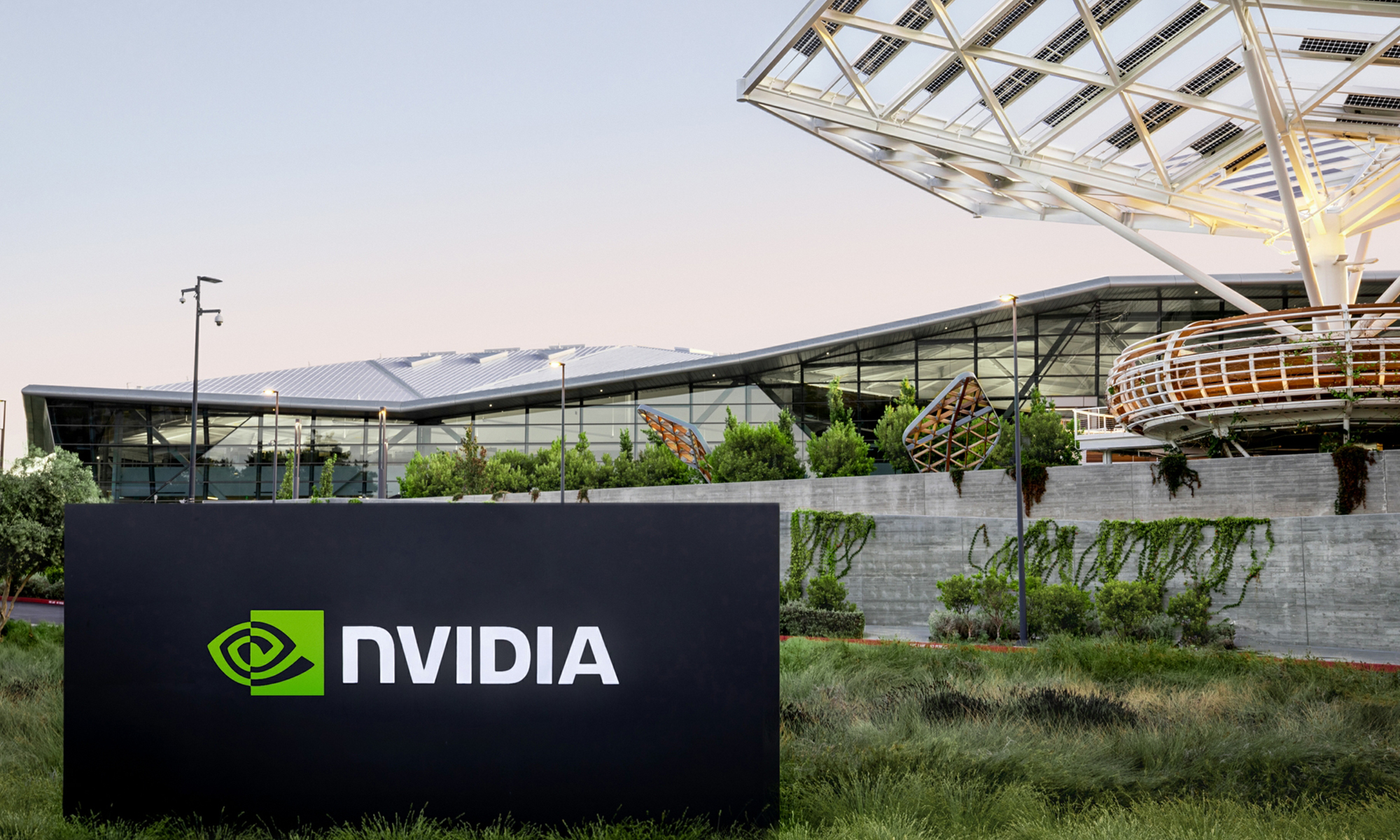2022 offered up a pronounced market decline with each of the major market indexes plunging into bear market territory, delivering their worst performances in more than a decade. So far, 2023 is a stark contrast to its predecessor, as those same market indexes rebounded more than 20% from their recent bottoms. Helping fuel these about-faces is investor interest in recent advances regarding artificial intelligence (AI). Multiple reports of advances have the world excited about the possibilities resulting from generative AI.
Some of the world's most astute and accomplished investors (as evidenced, in part, by their status as billionaires) are also showing increased interest, and have been buying up AI stocks hand over fist. Here's a look at where these billionaires are investing.

Image source: Getty Images.
Ray Dalio, Bridgewater Associates
Along with being a legend, Ray Dalio is something of an enigmatic figure on Wall Street. The billionaire turned philanthropist started Bridgewater Associates -- the world's largest hedge fund -- out of his two-bedroom apartment in 1975.
He's since stepped away from the day-to-day management of the firm, but he still has plenty to say about the state of technology. Dalio said he is intrigued by the potential of AI, believing the technology could be transformative. He also thinks it carries certain risks.
"Many of the things you think [are] in a status-quo basis will be revolutionized by [AI]," Dalio said in a recent interview. He also said that "it could either produce a tremendous amount of productivity and raise our living standards and really make things a whole lot better, or it could be used ... in various ways to hurt each other."

NASDAQ: MSFT
Key Data Points
In the first quarter, Bridgewater Associates significantly increased its stakes in Microsoft (MSFT +0.28%) and Alphabet (GOOGL 0.12%) (GOOG 0.07%) by 1,422% and 210%, respectively, for a total combined value of more than $358 million.
Microsoft set off the current AI arms race with its $13 billion investment in ChatGPT creator OpenAI and plans to integrate generative AI functionality across a broad cross-section of its products and services. Alphabet has a long history of using AI to power its dominant search and digital advertising businesses, and it responded to Microsoft with its own series of new AI-powered products and features.
Stanley Druckenmiller, Duquesne Family Office
Stanley Druckenmiller also has a long and distinguished Wall Street career. Along with his then-partner George Soros, the billionaire money manager earned one of the most daring and lucrative payoffs in Wall Street history by shorting the British pound in 1992 and making more than $1 billion in profits in a single day.
Druckenmiller is bullish on the potential for massive productivity gains from AI, believing the technology could be revolutionary.
"AI is real and could be as transformative as the Internet," Druckenmiller said in a recent interview. He goes on to point out that AI is already ramping up the productivity of developers creating software apps, saying they're "seven to eight times more productive" than just months ago -- and that could be just the beginning.

NASDAQ: NVDA
Key Data Points
The billionaire holds a significant stake in Nvidia (NVDA 0.32%), which now represents more than 9% of the Duquesne Family Office portfolio, its second-largest holding (Microsoft is the third). He went on to say, "If I'm right on AI, I could own Nvidia for two or three more years."
Nvidia cornered the market in terms of processors used by AI systems. By some accounts, the company controls a whopping 95% of the machine learning chip market, according to a report released by New Street Research.
Paul Tudor Jones, Tudor Investment Holdings
Paul Tudor Jones is the billionaire portfolio manager of Tudor Investments. Tudor Jones earned his Wall Street bona fides by famously predicting the Black Monday stock market crash of 1987, banking more than $100 million in what some have called "one of the greatest stock market trades ever." So when this investor talks, people tend to listen.
After witnessing the groundswell of excitement and adoption of ChatGPT and other generative AI tools, Tudor Jones said he believes the technology will release a "productivity boom" that could stymie inflation and drive economic growth higher. "I do think the introduction of large language models [and] artificial intelligence, is going to create a productivity boom that we've only seen a few times in the last 75 years," Jones said.
He cited these developments as being on par with the U.S. infrastructure investments of the 1950s, the introduction of the personal computer in the 1980s, and the debut of the internet in the 1990s. He believes that AI could result in an economic increase of 1.5% annually over the coming five years. This in turn could push the stock market higher for years to come.
Tudor Jones recently bet big on Advanced Micro Devices (AMD +0.10%), also known as AMD. Tudor Investment Holdings increased its stake in AMD by 844%.

NASDAQ: AMD
Key Data Points
AMD is a rival chipmaker to Nvidia and recently introduced the MI300X GPU, which was designed specifically for AI and scientific computing. While it remains to be seen whether the chip will gain traction, it has attracted the attention of some big names, with Amazon Web Services reportedly considering using them.
What does it all mean?
Thought leaders are only just beginning to understand all the ways in which AI can be used to improve productivity, so it's still unclear as to how much the market opportunity will ultimately be worth. Conservative estimates by Morgan Stanley and Goldman Sachs believe the technology could be worth $6 trillion and $7 trillion, respectively, over the next several years. Cathie Wood of Ark Investment Management is much more bullish, suggesting the total addressable market will top $14 trillion by 2030.
I'm more of a big-picture guy, and it's easy for me to imagine the market -- and any number of AI-fueled stocks -- going much higher from here, so I'll just take these estimates with a grain of salt and simply keep buying the best AI-powered opportunities I can find.






